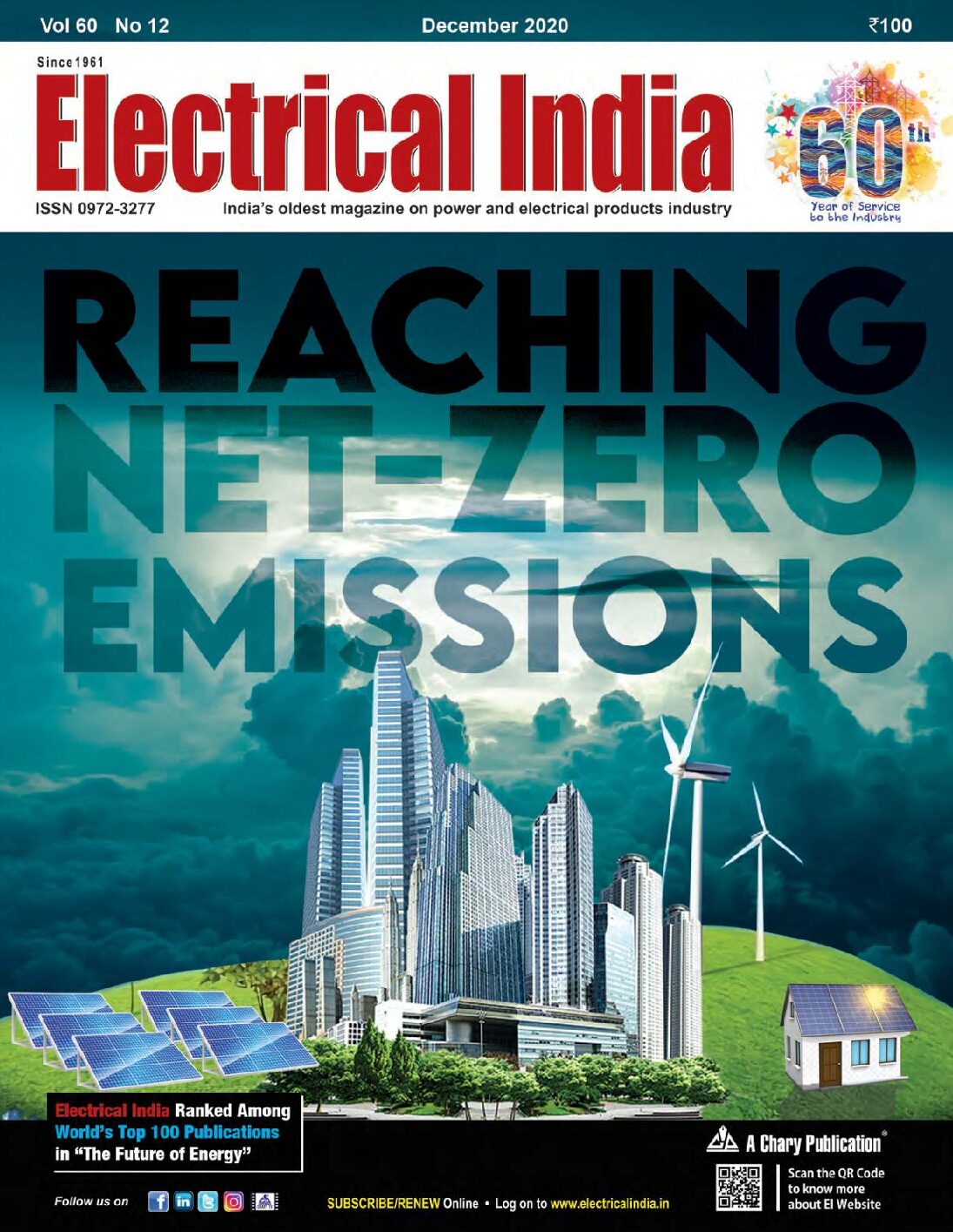In today’s global commerce, Maritime Industry plays a significant role shipping 90% of global trade volume. The term ‘Maritime’ broadly includes everything related to the sea or waterways throughout the world. However, we hardly focus on the amount of CO2 generated by this industry. Just to give an idea, A cargo ship produces 16.14 grams of CO2 per metric ton of goods shipped per kilometre, the aggregated figures go as high as: container ships emit an average of 140 million metric tons of carbon dioxide annually, while bulk carriers emit 440 million metric tons of carbon dioxide. Overall, the maritime shipping industry contributes 3% of the world’s Greenhouse Gas (GHG) emissions and is heavily reliant on fossil fuels. With rising demand for Maritime service, its GHG emission is bound to increase. Thus, the industry urgently needs remedial action.
With this backdrop, on January 14, 2023, at its 13th Assembly in Abu Dhabi, International Renewable Energy Agency (IRENA) organised a high-level ministerial roundtable to facilitate a conversation between the maritime shipping industry and governments on the necessary priority actions to decarbonise the shipping sector. The roundtable, titled, ‘Decarbonising Shipping: The Role of Ports in Addressing Supply, Demand and Trade of Renewable-Based Fuels,’ discussed ways of ensuring the supply of renewable-based maritime fuels and establishing enabling frameworks to facilitate the trade and transport of these fuels.
I highly appreciate that the Director-General, IRENA, Francesco La Camera took the opportunity to propose use of green hydrogen in the industry and highlighted the need for a collaborated global approach to make this industry less carbon intensive. He has assured the industry too – to extend all round support to materialise ambition into action.

Publisher & Editor-In-Chief







